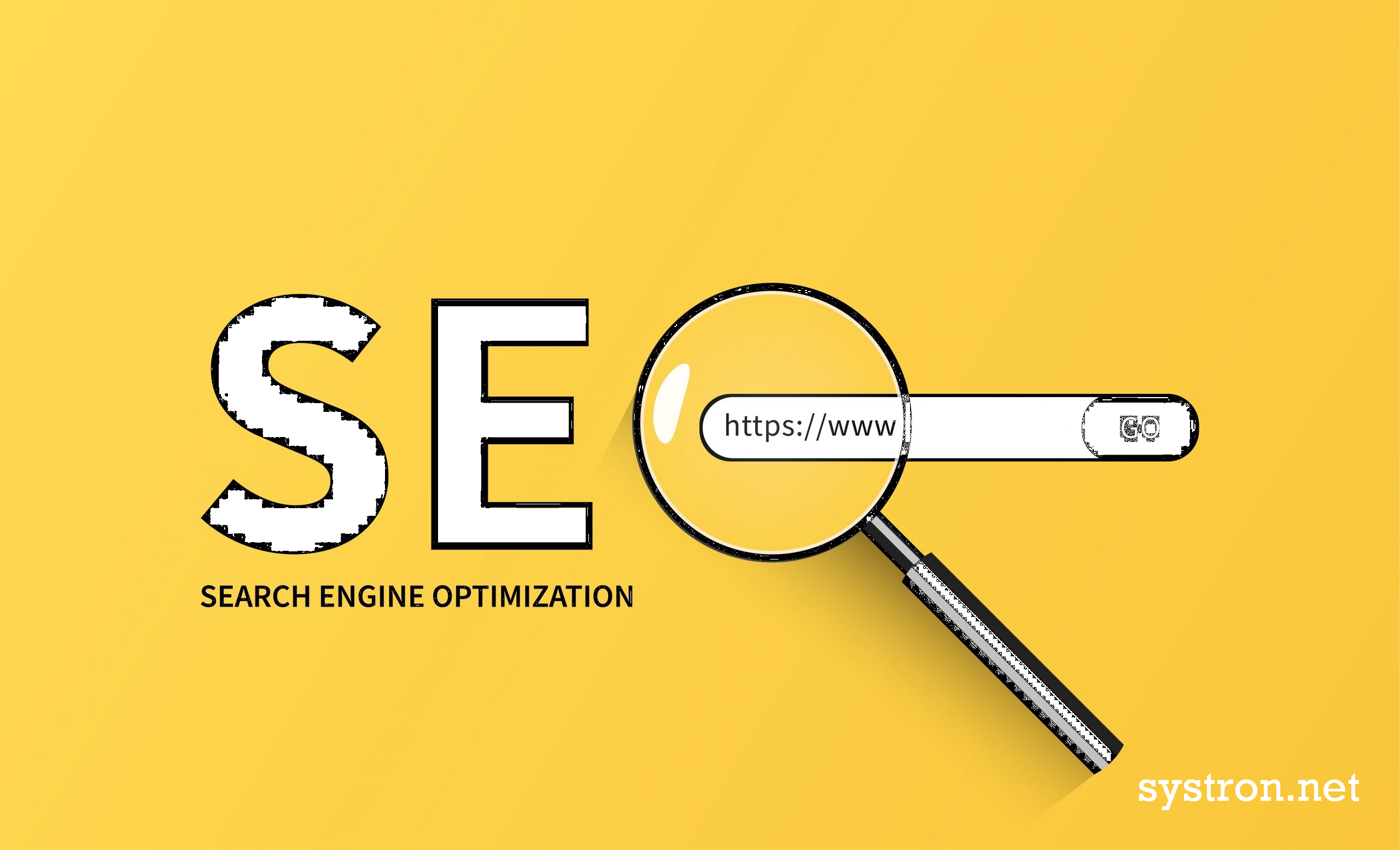Search Engine Optimization (SEO) is a crucial digital marketing strategy aimed at improving your website’s visibility on search engines like Google, Bing, and Yahoo. A well-optimized site attracts more organic traffic, which can lead to increased sales and brand awareness. Here’s a deep dive into the techniques, tools, and best practices for effective SEO.
1. Keyword Research
Tools:
-
-
- Google Keyword Planner: Ideal for finding keywords related to your business.
- Ahrefs: Provides comprehensive keyword analysis and competitor research.
- SEMrush: Offers insights into keyword difficulty, search volume, and competitive analysis.
-
Techniques:
-
-
- Identify Long-Tail Keywords: These are specific and less competitive, leading to higher conversion rates.
- Analyze Competitors: Study keywords your competitors are ranking for.
- Focus on User Intent: Understand what users are looking for and tailor your content to meet those needs.
-
2. On-Page SEO
Tools:
-
-
- Yoast SEO (WordPress): Helps optimize content for SEO directly in your WordPress dashboard.
- Screaming Frog: Analyzes your site for on-page SEO issues.
- Google Search Console: Monitors your site’s performance and identifies issues.
-
Techniques:
-
-
- Optimize Title Tags and Meta Descriptions: Ensure they are compelling and include primary keywords.
- Use Header Tags (H1, H2, H3): Structure your content for readability and include relevant keywords.
- URL Structure: Keep URLs clean and keyword-rich.
- Internal Linking: Improve navigation and distribute link equity across your site.
- Image Optimization: Use alt text and descriptive file names.
-
3. Technical SEO
Tools:
-
-
- Google PageSpeed Insights: Analyzes site speed and provides optimization suggestions. Use dedicated server for performance.
- GTmetrix: Offers detailed insights into your website’s performance.
- Moz Pro: Provides a range of technical SEO analysis tools.
-
Techniques:
-
-
- Site Speed Optimization: Compress images, use a Content Delivery Network (CDN), and minimize CSS and JavaScript files.
- Mobile-Friendliness: Ensure your site is responsive and provides a good user experience on mobile devices.
- Secure Your Site with HTTPS: A secure site can improve rankings.
- XML Sitemaps: Submit to Google Search Console to ensure all pages are indexed.
- Fix Broken Links: Regularly check and repair any broken links.
-
4. Content Creation and Optimization
Tools:
-
-
- BuzzSumo: Finds popular content ideas and trends.
- Grammarly: Ensures content is grammatically correct and readable.
- Canva: Helps create visually appealing graphics and infographics.
-
Techniques:
-
-
- Create High-Quality Content: Focus on unique, valuable, and engaging content.
- Content Length: Long-form content tends to rank better.
- Use Multimedia: Incorporate images, videos, and infographics to enhance content.
- Regular Updates: Keep your content fresh and up-to-date.
-
5. Off-Page SEO
Tools:
-
-
- Ahrefs: Monitors backlinks and provides competitive analysis.
- Majestic: Offers in-depth backlink analysis.
- Moz Link Explorer: Tracks link-building efforts and assesses link quality.
-
Techniques:
-
-
- Build High-Quality Backlinks: Focus on getting links from reputable sites.
- Guest Blogging: Write articles for other websites in your industry.
- Social Media Engagement: Share content and engage with followers to drive traffic.
- Influencer Outreach: Collaborate with influencers to boost visibility.
-
6. Local SEO
Tools:
-
-
- Google My Business: Essential for local SEO, ensuring your business appears in local search results.
- Moz Local: Helps manage local listings and track performance.
- BrightLocal: Provides local SEO audits and tracking.
-
Techniques:
-
-
- Optimize Google My Business Profile: Ensure all information is accurate and up-to-date.
- Local Citations: Ensure your business is listed in local directories.
- Reviews and Ratings: Encourage satisfied customers to leave positive reviews.
-
7. Analytics and Monitoring
Tools:
-
-
- Google Analytics: Tracks site traffic and user behavior.
- Google Search Console: Monitors site performance in search results.
- Hotjar: Provides heatmaps and behavior analytics.
-
Techniques:
-
-
- Track Key Metrics: Monitor metrics like organic traffic, bounce rate, and conversion rate.
- Analyze User Behavior: Use heatmaps and session recordings to understand user interactions.
- Regular Reporting: Generate and review SEO performance reports regularly.
-
8. Continuous Improvement
Tools:
-
-
- SEMrush: Provides ongoing SEO audits and recommendations.
- Ahrefs: Offers detailed site audit tools.
- Moz Pro: Regularly scans your site for SEO opportunities and issues.
-
Techniques:
-
-
- Regular Audits: Conduct comprehensive SEO audits to identify and fix issues.
- Stay Updated: Keep abreast of the latest SEO trends and algorithm updates.
- A/B Testing: Test different strategies to find what works best for your site.
-
Conclusion:
Implementing a comprehensive SEO strategy requires a blend of on-page, off-page, and technical optimization, coupled with regular monitoring and continuous improvement. By leveraging the right tools and techniques, you can boost your website’s organic traffic and drive sales effectively.
Remember, SEO is a long-term investment. Patience and persistence, along with staying informed about the latest industry trends, will lead to sustained success in your SEO efforts.
